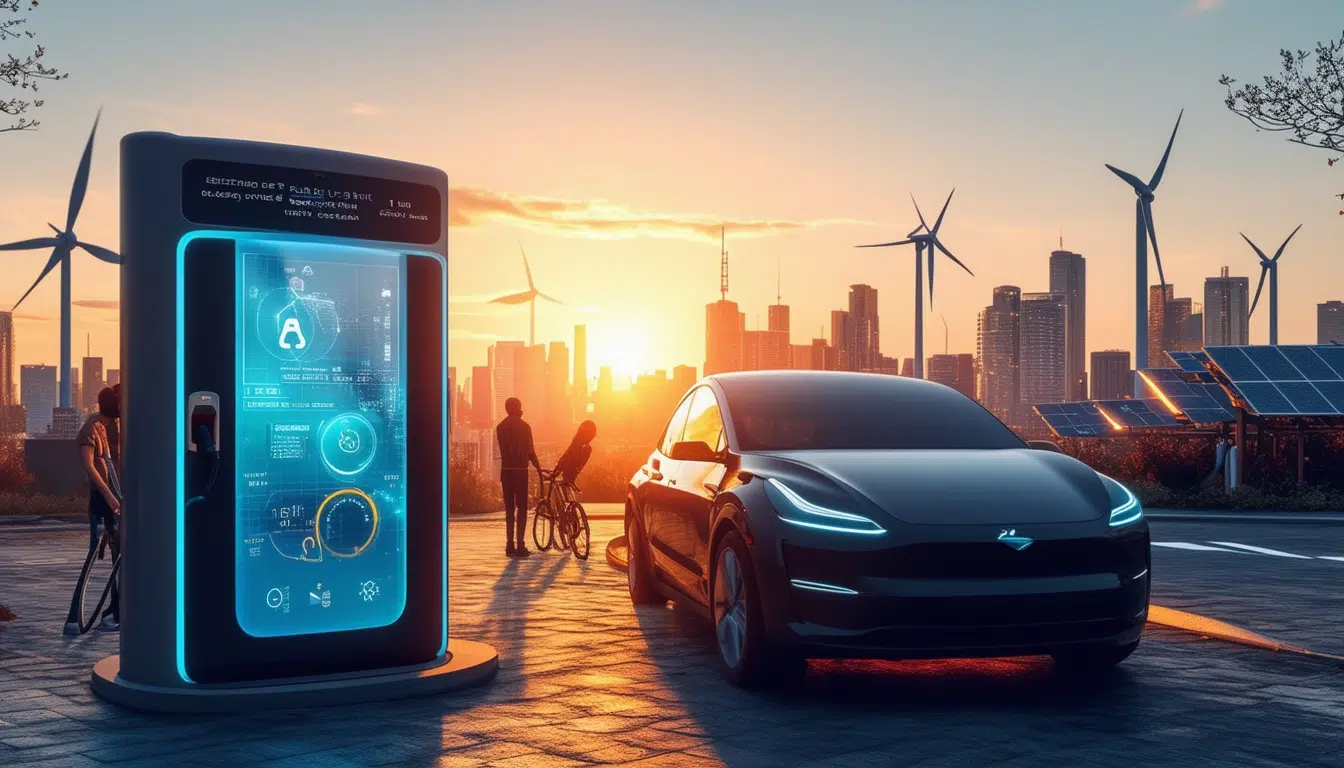Impact of artificial intelligence on fuel cost reduction

The impact of artificial intelligence on the reduction of fuel expenses has become a crucial topic today. Thanks to AI’s ability to analyze large volumes of data, companies are optimizing their operations to achieve greater energy efficiency. AI-based systems can forecast fuel consumption, allowing organizations to make informed decisions that not only benefit their economy but also contribute to a more sustainable future. Automation and predictive analytics open new avenues to minimize operational costs and improve customer satisfaction, demonstrating that integrating these technologies is vital in the modern industry.
Artificial intelligence (AI) has become a key tool for optimizing various processes in the automotive industry. Its implementation in data analysis and resource management has allowed companies to significantly reduce fuel expenses. This article explores how AI is transforming the way we manage and use energy in transportation, from route optimization to energy management in large installations.
Route Optimization and Energy Efficiency
One of the most significant advancements brought about by AI is route optimization. By using advanced algorithms, artificial intelligence systems can analyze multiple variables in real-time, such as traffic, weather conditions, and delivery locations. This enables transportation companies to reduce the distance traveled and optimize fuel usage, resulting in lower consumption and consequently, a decrease in operational costs.
Reduction of Emissions through Predictive Analytics
AI also plays a crucial role in reducing CO2 emissions. Systems that utilize predictive analytics can anticipate vehicle behavior, adjusting performance to maximize energy efficiency. For example, by predicting moments of acceleration or braking, these systems can optimize fuel consumption while simultaneously contributing to environmental sustainability.
Energy Management in Industrial Facilities
The implementation of AI in resource management is not limited to vehicles but also encompasses large industrial facilities. The automation of processes allows companies to control energy usage more effectively. By monitoring the performance of machinery and climate control systems, it is possible to reduce energy expenditure and maximize efficiency. These advancements not only help save costs but also promote a more sustainable future.
Direct Impact on the Transportation Industry
AI has revolutionized the transportation sector, particularly in logistics and freight transportation. With the use of smart sensors, companies can monitor the status of their vehicles in real-time and make adjustments that improve fleet performance. The optimization that AI enables has led companies to achieve up to a 89% increase in efficiency in their operations, highlighting the importance of its implementation. This transformation not only improves companies’ profitability but also significantly reduces fuel consumption.
Technological Advances and Future Trends
Technological trends in the automotive industry point to an increasing use of artificial intelligence to optimize fuel expenses. From the development of electric vehicles with AI-powered autonomy capabilities to creating more efficient delivery routes, the future looks promising. Innovations continue to emerge, and each advancement reinforces the idea that AI is a crucial accelerator for achieving sustainability and efficiency in the transportation industry.
Interacting with this evolution, companies like Nodar are positioning themselves as leaders in software solutions that optimize energy performance. As more organizations adopt these technologies, it will be important to continue assessing their impact on the global economy and the environment.
Additionally, the industry must consider the recent advances in automotive safety, which underscores the importance of AI not only in cost reduction but also in improving vehicle safety. The combination of efficiency and safety represents a significant step towards a more sustainable and responsible future in the transportation sector.
Artificial intelligence (AI) has emerged as a transformative tool across various industries, and its influence is significantly felt in the transportation sector. One of the areas where its impact is most palpable is in the reduction of fuel expenses. Through advanced data analysis systems, AI enables the optimization of logistical and operational processes, contributing to a more efficient use of energy resources.
One of the most prominent applications of AI is route optimization. Thanks to this technology, companies can plan routes that minimize fuel consumption, avoiding unnecessary travel. This not only reduces operational costs but also decreases CO2 emissions, which is fundamental in the fight against climate change.
Moreover, AI plays a crucial role in the monitoring and maintenance of vehicles. Integrated smart sensors allow for the detection of technical failures or conditions that could increase fuel consumption. By keeping vehicles in optimal condition, their lifespan is extended, and costly breakdowns that could affect transportation efficiency are prevented.
The implementation of AI technologies is also essential in the energy management of large industrial facilities. By automating the control of systems and machinery, companies can regulate their energy consumption more effectively, positively impacting their costs and the environment.
In summary, artificial intelligence is not only transforming the way resources are managed in transportation but is also emerging as an ally on the path towards a more sustainable and economically viable future. Its capability to analyze data and optimize operations represents a revolution in the search for solutions that benefit both companies and the planet.



